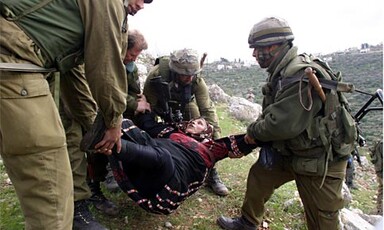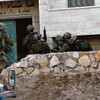
Caritas supports international day of solidarity with Palestinian people
29 November 2005
In partnership with the global community in its annual expression of solidarity with the Palestinian people, the Caritas network of 162 member organisations working in 200 countries and territories worldwide supports the UN-hosted international day of observance on 29 November. Based on our own Caritas campaign that “Peace is Possible” in the Holy Land, we stand in solidarity with all peace-seeking people of good will who recognise and publicly support the basic and inalienable rights of the Palestinian community. We stand in solidarity with all Moslems, Jews, and Christians who sacrifice and work together to build up, restore, and heal the deep wounds that still scar this Middle East society. Read more about Caritas supports international day of solidarity with Palestinian people








